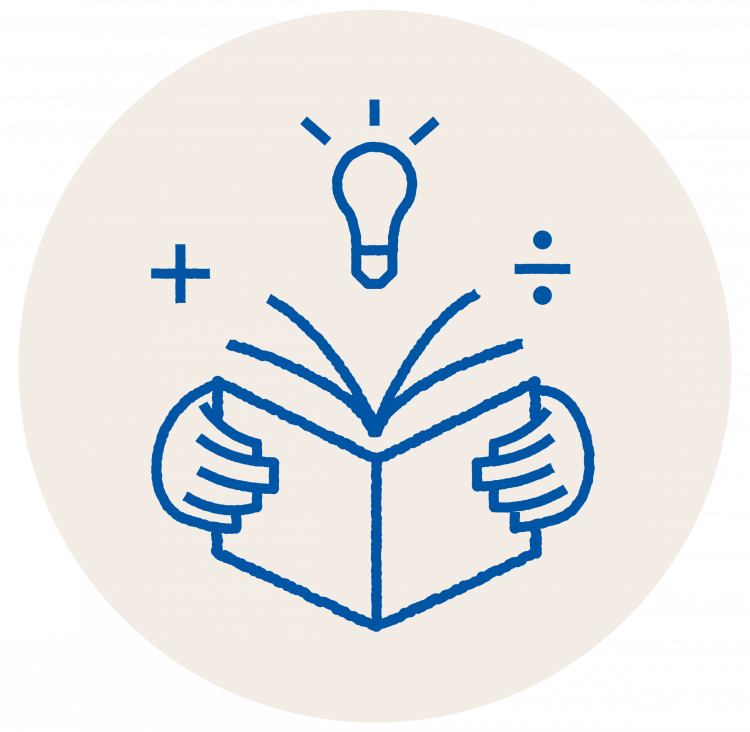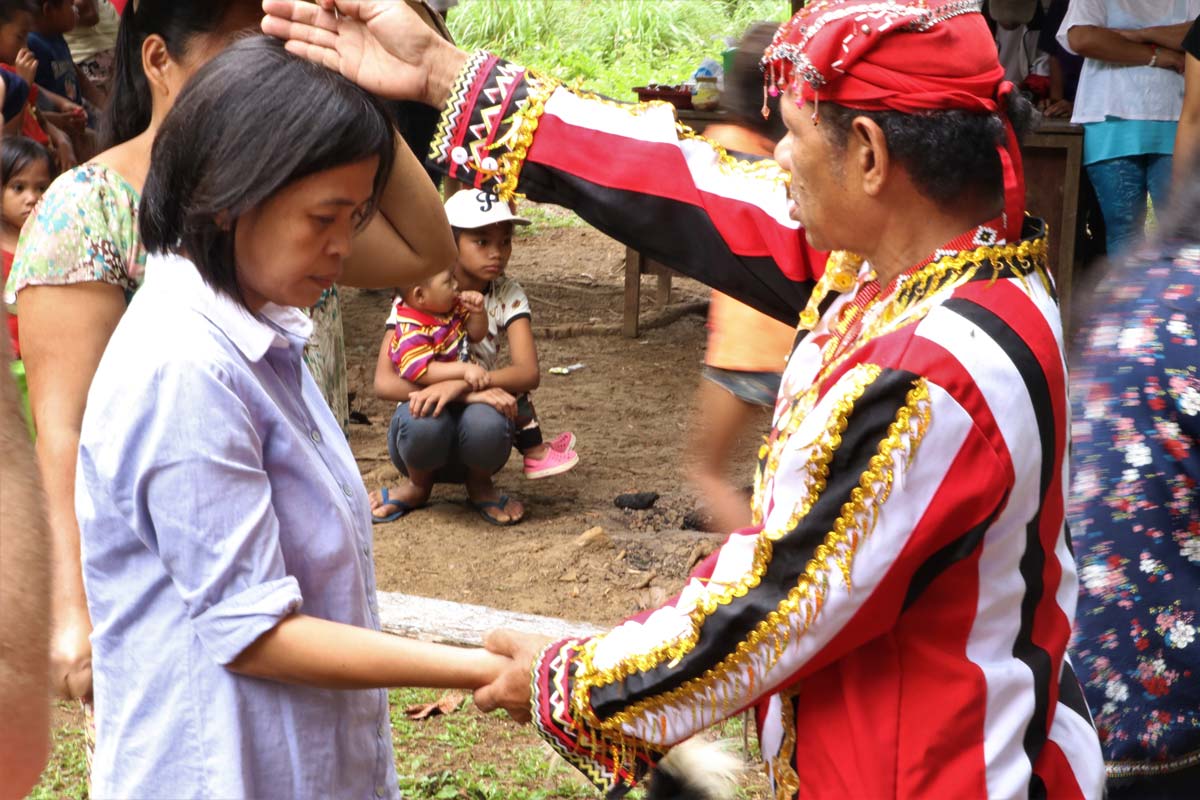Our project “Enhancement of Local Governance and Promotion of Inclusive Public Policies on Business and Indigenous Peoples’ Rights in the Philippines” helps protect the entitlements and culture of the country’s oldest tribes, particularly as it relates to safeguarding their rights in business.
Indigenous people in the Philippines are often some of the most marginalized in society, living in remote locations and facing various commercial, cultural and legislative threats to their distinct way of life. We work with these communities and local authorities in remote areas of the Philippines to help protect the entitlements and culture of the country’s oldest tribes, particularly as it relates to safeguarding their rights in business.
Background
The region of Mindanao in southern Philippines has traditionally been considered the country’s food-basket, with rich, fertile land and an abundance of natural resources. In spite of this, the region remains woefully underdeveloped, with widespread poverty, stark inequalities, natural resource destruction, and violent conflict as chronic characteristics.
Despite the Philippines’ articulated legal protections of indigenous people, their land, and many of their human rights, such as their right to freely pursue their economic, social and cultural development – are severely challenges. This is particularly true in the case of development of the agricultural business industry where disputes over land tenure can create conflict with businesses and government authorities.
According to economic forecasts for Mindanao, investment in agricultural plantations – namely fresh fruit (pineapple and banana) and biofuel (palm oil) – are set to expand in the future, thus if the root causes of tensions are not addressed the risk may escalate and indigenous people’s rights may be further damaged.
Our program
Relief International is pioneering a new way forward to help protect the rights of indigenous people in four provinces in Caraga and Northern Mindanao regions. The project primarily focuses on Bukidnon, Misamis Oriental, Agusan del Sur, and Agusan del Norte with their vast plantations of fresh fruits and palm oil.
Our Business and Human Rights project aims to transform the ways in which the private sector, government and civil society actors interact, particularly as it relates to indigenous people’s rights in business. As a neutral convener, we create the space for the businesses, local authorities and peoples’ organizations to communicate, coordinate, find common ground and ultimately secure partnerships for sustainable growth. This includes analyzing agribusiness policies and practices, and seeking ways to make them more inclusive.
We are working with 20 civil society organisations that represent the rights of indigenous people, with provincial and municipal level governance bodies and with 10 businesses.
Our project involves training and capacity building on indigenous people rights, particularly in business. We bring the three groups of stakeholders together for workshops where we help discuss, address and settle issues that are affecting indigenous people’s rights. We use these sessions to help form ongoing partnerships between the three groups so they can continue to sustain efforts to work together.
The training includes awareness raising of international conventions such as the United Nation Guiding Principles on Business and Human Rights, and other international standards, national laws and local ordinances that protect indigenous people’s rights and entitlements. Participants are trained on these standards as they relate to land tenure, conservation and sustainable agriculture.
We are documenting cases and writing briefing papers with policy recommendations on how to legalize and enhance partnership between the business sector, indigenous people and government authorities.
The project started in December 2017 and will continue until July 2020. It aims to strengthen multi-stakeholder partnerships, encourages indigenous people sensitive inclusive private sector investments in agro-forestry and environmental protection and conservation of community-driven and participatory development projects.
Through capacity building of key actors, our work will strengthen organizational governance, reporting and dialogue mechanisms with community-driven participatory development processes.
Outcomes
The program’s three specific outcomes, which will achieve this goal, include:
- Increased awareness, understanding, and commitment of local government, civil society and private sector actors on inclusive and responsible business practices.
- Increased number of inclusive multi-stakeholder partnerships formed, focused on sustainable development policy and initiatives involving indigenous people.
- Strengthened national policy on agriculture through research and advocacy on the integration of business principles and indigenous people’s rights.
Project Profile
Location
PHILIPPINES — Bukidnon, Misamis Oriental, Agusan del Sur and Agusan del Norte
Sector
-
 Education
Education
